The Rolling Stones are returning to Denver on August 10, nearly 54 years after they played their first Colorado show at the Denver Coliseum.
This post examines WHG's collection of photographs and newspaper articles to understand just what ensued when the Stones passed through the Front Range during the 1960s and 1970s. (Spoiler alert: it wasn't "only rock 'n' roll.")
DENVER COLISEUM - NOVEMBER 29, 1965
The Rolling Stones made their Colorado debut on a Monday evening in late November at a venue more suited to rodeos than rock concerts.
In his review of the show, Rocky Mountain News' Thomas MacCluskey noted his disappointment in the Coliseum's acoustics, complaining of "din caused by endless reverberations in the rafters"—this despite the Rolling Stones' "impressive array of amplifiers."
MacCluskey didn't have much to say about the Stones' music, except that it was "solidly presented" with "little effort to recognize the audience, which obviously adored them."
Openers for the show were local groups the Fogcutters, the Rainy Daze and the Bluetones. Other acts included the Rocking Ramrods, the Vibrations and Patti La Belle and the Blue Belles (“a quartet of pretty, teenaged ladies from Philadelphia”).
A dozen police officers surrounded the stage to protect the Rolling Stones during their performance, as the venue was teeming with adoring fans. MacCluskey noted that even Governor John Love was in attendance that evening—and was booed by the crowd.
DENVER COLISEUM - JUNE 16, 1972
The Rolling Stones came back to Colorado on November 7, 1969, to play at Colorado State University in Fort Collins. Three years later, on June 16, 1972, the Stones returned to the Denver Coliseum, where they gave a late afternoon and evening performance.
Denver Post Staff Writer John Ashton attended the 4 p.m. show, and his review paints a vivid picture of the Coliseum's atmosphere that afternoon:
Before the concert began, the bittersweet smell of felonious weed drifted around on all sides. Frisbees sailed like seagulls—a really good toss would draw applause from the bleachers.
Little fat men in nondescript uniforms lumbered through the crowd selling pennants. 'Gitcher Rollin' Stones pennants. Gitcher pennants here.'
All this skin and hair and denim…lots of raucous noise and rapidly growing excitement...
The voice that announced the Stones belonged to Barry Fey. It was his finest hour as a rock promoter.
The Rolling Sones first came on stage to explosive and lengthy applause with a sort of controlled nonchalance, rather like they had expected to find themselves not on stage in front of more than 12,000 screaming people, but on their way to the men's room.
"Brown Sugar" was the opening song, and Ashton wrote:
When the first chords of 'Midnight Rambler' blared out, almost everyone stood on his seat and screamed.
Rocky Mountain News Music Critic Thomas MacCluskey called the show "electric drama." He praised the Stones' dramatic light show and exceptional amplification system ("perhaps the best I've ever heard in the Coliseum).
And the music? MacCluskey noted,
...the Stones still remain in dead center—actually the extremely live center—of rock 'n' roll....
What MacCluskey and Ashton left out of their reviews, however, was mention of the numerous arrests made both in and outside of the Denver Coliseum that evening:
- 40 arrests for drunk and disorderly conduct
- 29 arrests for possession of narcotics
- 6 arrests for concealed weapon
- Numerous confiscations of amphetatmines, methamphetamines, marijuana, cocaine and barbituates
FOLSOM FIELD, BOULDER - JULY 16, 1978
In a May 19, 1978, Rocky Mountain News article, it was reported that two July dates for concerts at Mile High Stadium, which the City of Denver had been holding for area rock promoter Barry Fey of Feyline Productions, had recently been canceled. Feyline had instead scheduled the Rolling Stones (and four other concerts) at the University of Colorado's Folsom Field in Boulder.
The reason? While Dan Read, an administrative assistant in the Denver Department of Parks and Recreation commented that "a lot of those artists won't play in big stadiums," the reasoning may have had more to do with Feyline Productions wishing to avoid Denver's 10% seat tax. When asked why he wasn't using Mile High Stadium for his concerts, Fey replied,
I don't wish to get involved in an argument with the city. I just haven't booked anything there. That's all.
Tickets for the July 16, 1978, Rolling Stones concert (called "Colorado Sun Day II") were priced at $12 (equivalent to roughly $41 in 2019). It was reported that after tickets sold out, scalpers charged as much as $50 per ticket.
Law officers and residents of Boulder braced themselves in the days prior to the July 16 concert, nervous about an onslaught of 60,000 Rolling Stones fans—and with good reason. The July 20, 1975, Rolling Stones concert held at Hughes Stadium in Fort Collins, in which 40,000 people attended, had been marred by high temperatures, rain, overindulgence and the city's worst-ever traffic jam. Boulder faced similar challenges.
When the Folsom Field gates opened at 8:30 on the morning of July 16, 1978, fans poured into the stadium, sans the following prohibited items:
...bottles, cans, watermelons, fireworks, cameras or weapons.
These restrictions did not prevent concertgoers from bringing in plastic jugs of alcohol and plastic bongs, despite heightened security at the venue.
The Rocky Mountain News reported that drugs, including acid and marijuana, were peddled freely. The News asked one "bold drug dealer," who was handing out joints, if he was afraid of being arrested:
No way, man. If they're going to bust me out here, they're going to have a hell of a fight because there's a lot of people out here who don't want to get busted. Besides, I don't sell to anyone under 15.
The Colorado Sun Day II concert opened with performances by Kansas and Eddie Money. By mid-afternoon, temperatures at Folsom Field surpassed 100 degrees, and first-aid stations were filling up.
On hand were 125 doctors, nurses and medical technicians from the University of Denver Open Clinic. They treated between 300 and 1,000 concertgoers (the number varies widely in newspaper accounts), mostly for heat exhaustion and alcohol-related afflictions, including one man's burns caused by flaming tequila.
When the Rolling Stones took to the stage at around 5:30 p.m., the crowd roared, and the Rocky Mountain News reported,
Jagger careened, caromed, capered about, and crawled on all fours across a stage painted to resemble a giant, red-lipped open mouth.
Between the crowd and the stage were 35 members of the Aspen Gentlemen rugby team, recruited to serve as additional security. Dave Brockaway, member of the Aspen Gentleman, was quoted as saying,
We could cover almost the entire front area with our arms linked. We are willing and able to use whatever force is necessary to hold the crowd.
Although there were no major incidents during the Stones' Colorado Sun Day II show, noise complaints from neighboring residents were plentiful. On July 26, 1978, the Rocky Mountain News reported that the concert promoters, Feyline Productions and Shalom Maximon, would be cited for five violations of Boulder's noise ordinance.
Jim Adams, Boulder's environmental control officer stated that the Stones surpassed an acceptable noise level for longer periods of time than any football crowd had. When asked twice to turn down the volume of the show, Maximon ignored the warnings.
Now that's rock n' roll.
____________________
WANT TO LEARN MORE ABOUT COLORADO'S MUSICAL PAST?
- Visit Western History and Genealogy
- 'Like' our Facebook and Instagram pages
- Subscribe to our newsletter to stay informed of upcoming events (see the gold box at the upper right-hand corner of this page)

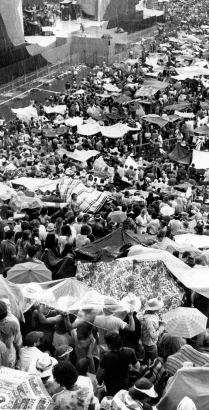
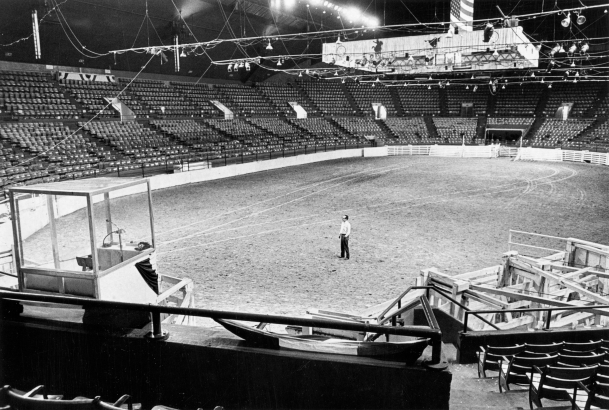
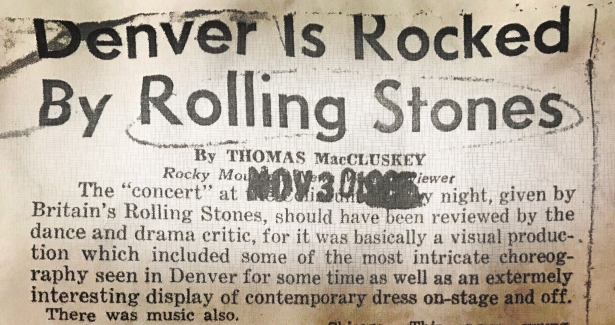
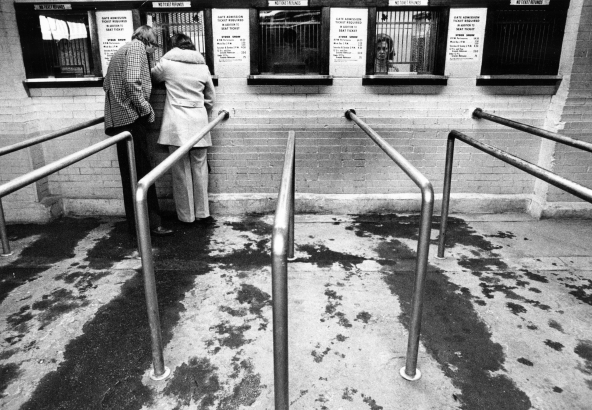
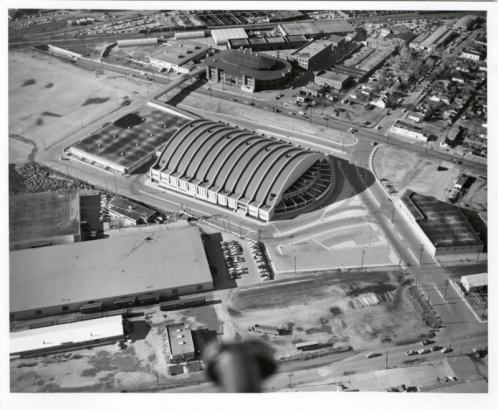
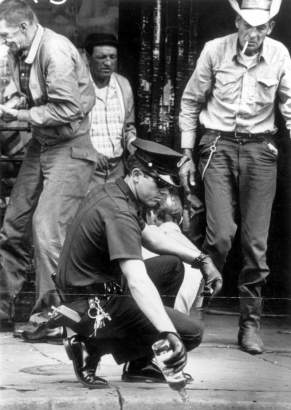
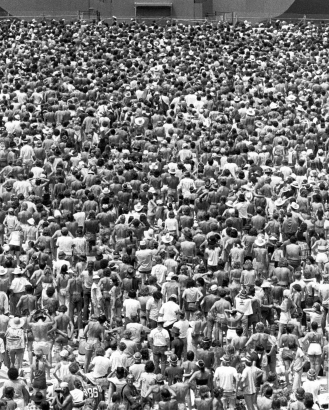
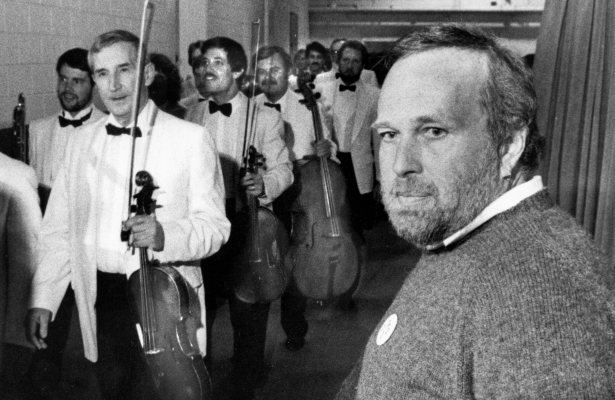
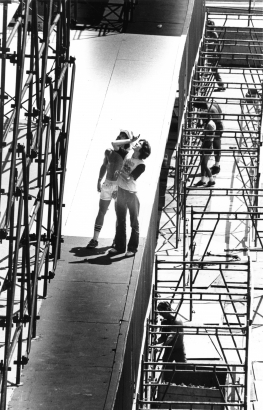
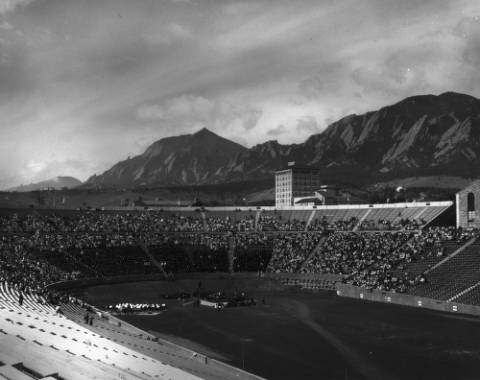
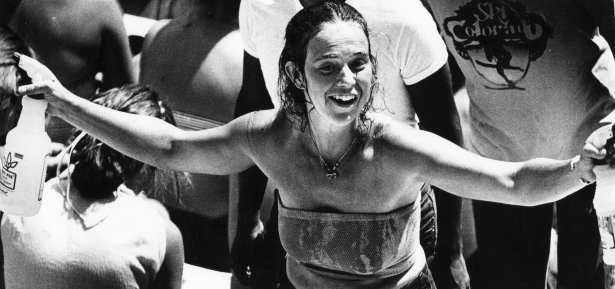
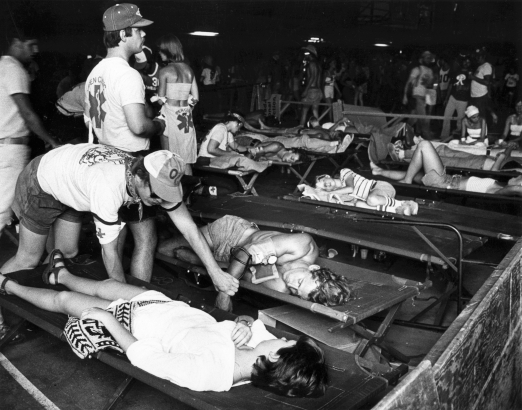
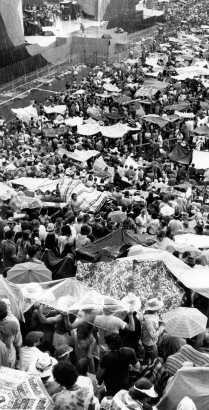
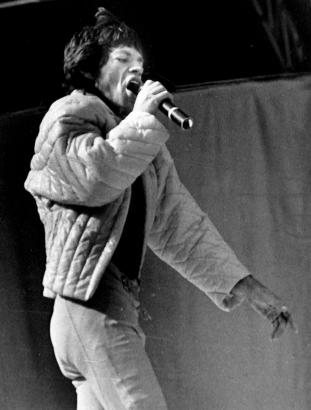
Comments
Peter Tosh was also an
Peter Tosh was also an opening act at the Boulder 1978 show.
Great article, thanks!
Great article, thanks!
Great story and pictures.
Great story and pictures. This Katie Rudolph is very talented!
I was there with my old…
I was there with my old friend Shalom Maximon. I miss him. If his widow is still alive please write me@Robrose.org
Eric Karl of the old Fogcutters is still alive and well, also.
Add new comment